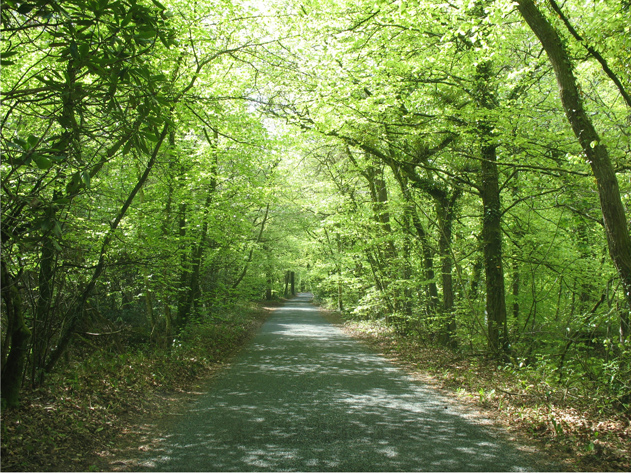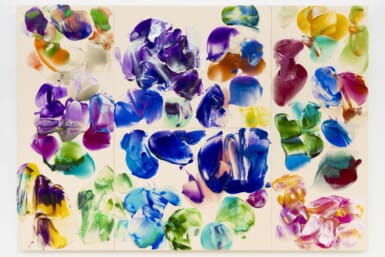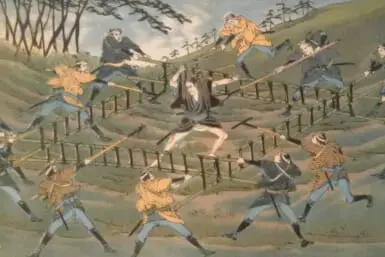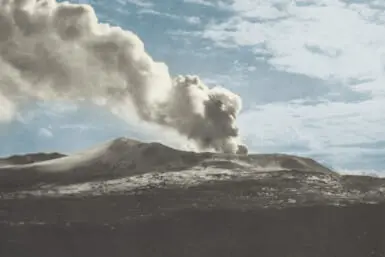The next time you go for your iced latte at Starbucks, observe the ice melting away in the glass. As you sit sipping away at your drink, two oxygen molecules befriend a carbon molecule, forming a potent gas that threatens to liquefy all of the ice not only in your glass but all over the world. Our love-hate relationship with water will come to an end if we don’t lower the earth’s thermostat sooner rather than later.
In China and India the consumption of resources has reached such a stupendous rate that it would take six earths to sustain and fulfill those desires. Scientists have even put a monetary value on the services that nature provides: about $35 trillion per year. Already we have not only eaten into the interest, or replenishment, of this amount, but also the principal capital. And it reduces with each passing year. The model of consumerism put forth by the developed world for the developing world to follow has begun to backfire. Forty percent of humanity now wants to live like those in the developed world, and it’s just not possible.
So what do we do about it? The solution in part lies in the ‘green road,’ or giving people a model of sustainability to follow. But it is a tough one. Industries like clean tech and renewable energy are showing us the path to that road. Sustainability issues have certainly seeped into the consciousness of the business community, but a lack of standards, both at the product level and the business level, makes the issue very complex. It also creates a problem of ‘green washing,’ which is when companies try to green-up their image by falsely representing their practices. This leads to another issue of ‘green fatigue,’ which refers to consumers getting tired of the fake green claims. So the question remains: what does it take for a nation or a company to be truly green?
Joel Makower, the author of various books on green evolution, says that it takes real understanding of the full impacts of whatever we do—not just what happens inside the office or the factory gates, but the bigger picture. For example, major impacts of a pair of Levis 501 jeans have nothing to do with what Levis does. The real damage comes from growing the cotton and washing the garments at home.
Al Gore painted a picture of the world gone all wrong with his film An Inconvenient Truth, but imagine a world gone right. Reducing waste, polluting less and improving efficiency not only makes green sense, it also makes good business sense. It is the fundamental shift in how business is conducted moving from the fringes to the mainstream. Abundance is one thing, prudence is another.
Everyone wants a comfortable and convenient lifestyle, and the green road doesn’t have to be one of scrimping and martyrdom. Granted, there is confusion when treading uncharted waters, such as what is green and what is not, and whether to use a paper bag or a plastic one. But one thing is a given: the green road can be what we choose it to be: the panacea for the current economic and humanitarian ills, or a road to nowhere.
External Links:
Joel Makower Home Page
Al Gore Home Page









